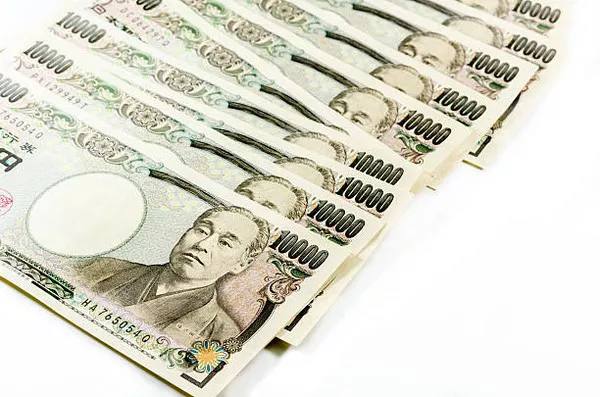Japan’s finance minister, Shunichi Suzuki, issued a stern warning on Wednesday regarding the weakening yen, signaling the possibility of intervention as the currency plunged to a 34-year low against the dollar. Suzuki’s remarks echoed language previously used before Japan’s intervention in the currency market in autumn 2022.
The yen’s decline accelerated on Wednesday following robust U.S. economic data, with the currency reaching a level that triggered official intervention a year-and-a-half ago. In the Asian session, the yen traded at 151.97 per dollar, down approximately 0.2% from its previous level. This dip brought the currency weaker than the threshold observed during Japan’s last intervention in October 2022.
Suzuki emphasized that authorities are closely monitoring market developments with a heightened sense of urgency in response to the yen’s recent depreciation. Bank of Japan Governor Kazuo Ueda echoed this sentiment, stating that the central bank would closely monitor currency movements and their impact on economic and price developments.
The yen’s persistent weakness has raised concerns about its impact on Japan’s economy and prices. A weaker yen tends to increase import costs, contributing to inflation, while also making Japanese exports more competitive in global markets.
Moreover, the yen’s depreciation has broader implications beyond Japan’s borders. National Australia Bank forex strategists highlighted the potential ripple effects, including a sharp drop in China’s yuan, possibly driven by efforts to protect the competitiveness of Chinese exports.
The yen’s downtrend has intensified following Japan’s recent monetary policy shift, which saw the Bank of Japan raise interest rates for the first time since 2007. Despite this move, market expectations for the next rate hike have been tempered, bolstering the yen’s role in carry trades. Additionally, Japanese investors seeking higher returns abroad have further weighed on the yen by reducing repatriation flows.
As the current quarter draws to a close, the yen remains the worst-performing major currency, having depreciated by over 7% against the dollar. With concerns mounting over the yen’s weakness, authorities in Japan are signaling readiness to take decisive action to address the currency’s decline and its potential implications for the economy.


